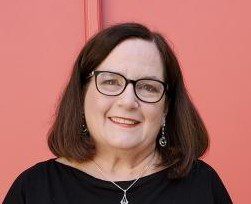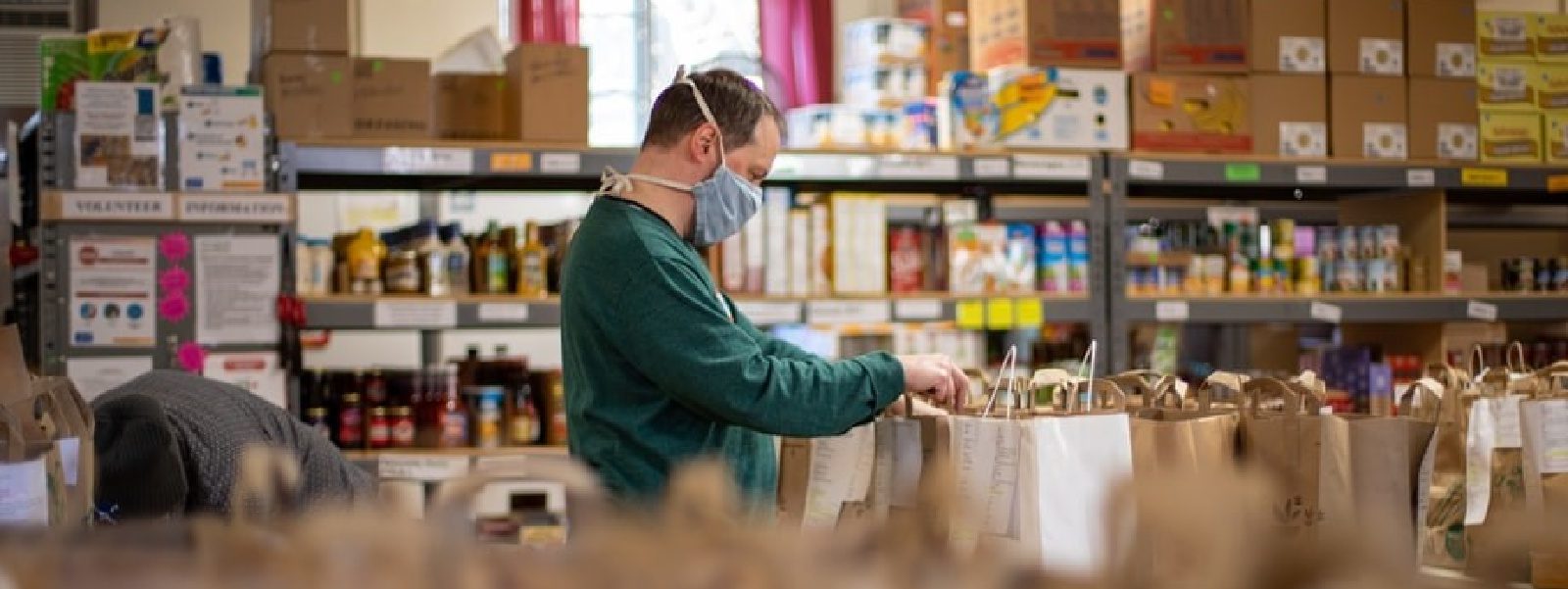Paula J. Beugen is a Minnesota-based volunteerism and community change leader. As the founder-organizer of Reinvigorating the Conversation, a network of volunteer leaders, she is a member of the Nonprofit Infrastructure Investment Advocacy Group (NIIAG).

Paula J. Beugen
Independent Sector and KABOOM! co-founded NIIAG to engage diverse leaders from across the charitable nonprofit sector to identify, and advocate for, the essential federal investments needed to rebuild the nation following the COVID-19 pandemic, the economic crisis, and racial injustice of 2020. We spoke with Beugen about her work and why she joined NIIAG.
IS: Could you tell us about your background, the communities you serve, and how your work and interests relate to the goal of a healthy nonprofit sector so that everyone can thrive?
PB: At this life-stage, much of my career focus is reflecting on the past and current state of the voluntary sector and volunteerism in the United States and Minnesota with an eye toward the future. I also pay attention to what is happening in related areas on the international scene.
Reinvigorating the Conversation, of which I am the founder-organizer, is an all-volunteer network of leaders working to advance public policy in the areas of volunteerism, service-learning, and community engagement. Nearly 46 years of both paid and unpaid experience as a volunteerism and community change leader, combined with my earlier years of volunteering and social action as a teenager and young adult, provide much to reflect upon. Three terms from the mid-80s to the mid-90s as an elected public school district board of education member deepened my background in advocating for public policy and corresponding resources at all levels of government.
My background is specialized in the areas of volunteerism, in its many forms, and the broadly defined voluntary sector at the local, state, and national levels. I have provided training, consultation, and/or technical assistance to thousands of volunteers and leaders from the nonprofit, government, and business sectors over the course of my career. Much of my paid career has included public service in above-described areas at the local and state levels. For about six years, I was one of the directors of an interfaith action initiative to strengthen families and neighborhoods impacted by poverty.
IS: Why did you decide to join the Nonprofit Infrastructure Investment Advocacy Group (NIIAG)? How does your work intersect with Independent Sector, NIIAG, and coalition partners?
PB: The National Infrastructure Investment Advocacy Group (NIIAG), is playing a substantial and critically important role in pulling together a range of voluntary sector leaders to identify and advocate for nonprofit infrastructure needed in the United States. Independent Sector, together with KABOOM!, has the bandwidth to leverage NIIAG’s work.
I joined NIIAG in hopes that the information, perspectives and ongoing relationships I bring to the table may make a difference in advancing what is needed for a strong, “independent” sector and the well-being of people and communities across our nation. The collective independent sector holds both our government and business sectors accountable. It helps assure a vibrant democracy. And, it brings so much dedication, determination, creativity, and innovation to solving problems and seizing opportunities facing America.
NIIAG leadership is inclusive and respectful of all NIIAG members. This allows for necessary input and dialogue about pressing issues for the group to achieve common ground among its members wherever possible and leads to a stronger voice in NIIAG communication with members of Congress and the presidential administration.
Many voluntary sector pioneers, who I had good fortune to work amidst in the 70s, 80s and beyond, have passed away. Their memories are a blessing. I learned a lot from their wisdom, and they continue to fuel my passion to help assure a robust voluntary sector and democracy. Knowing about the visions, values, and contributions of these pioneers is important as a part of informing our future.
At the same time, we need to heed the voices, dreams, and realities of younger generations, as well as the voices of diverse, historically underrepresented and geographically dispersed people who are weighing-in and who we are compelled to honor and hear. NIIAG has a role to play in bringing to reality both the ideals of learning from history and embracing the experience and insight of emergent, urgent voices.
IS: Collaboration is so important in nonprofit coalition work, especially when we’re focused on civic infrastructure. How has your work supported this?
PB: Much of the advocacy and activism in which I am co-engaged is around volunteerism, service-learning and community engagement policy. Today volunteer-driven movements, including youth-led movements, abound and are working intensely. Volunteers not initially affiliated with nonprofit organizations often ultimately begin to connect with nonprofits or form new nonprofits themselves for ongoing sustainability of efforts around the causes they champion. And, volunteers and service-learning students who are within nonprofits need resources and what else goes along with their ability to both lead and serve.
Resources need to go directly into nonprofits served by volunteers with flexibility for organizations to adapt the use of dollars received for volunteer- and organization-defined needs that may not be universal to other organizations or initiatives. We are called to work collaboratively to assure the necessary infrastructure is in place to support the resurging or changing characteristics and dynamics of volunteerism. This work will help us overcome many injustices that are so visible today and to achieve a more just and equitable society.
IS: Thanks for speaking with us. Is there anything else you’d like to share?
PB: It has been and continues to be a great honor to have both a direct and “airplane” view of what the voluntary sector contributes to our quality and way of life across America. Our current environment creates an opportunity and responsibility to refine the nonprofit sector and how it works with people who are impassioned to be a part of it to improve their communities.
As climate is deteriorating, people are seeking quality jobs, adequate child care has been lacking, digital infrastructure for many is missing and we are striving to move out of the consequences of the pandemic, this is a time to lift up the voices and services of the champions who are energetically working to make this a better world for ourselves and generations to come. They are needed in many capacities as the sector morphs into even greater relevance for the circumstances of our times and the times yet to come. We must work together to build upon what a thriving democracy has to offer. Our future depends on it.

